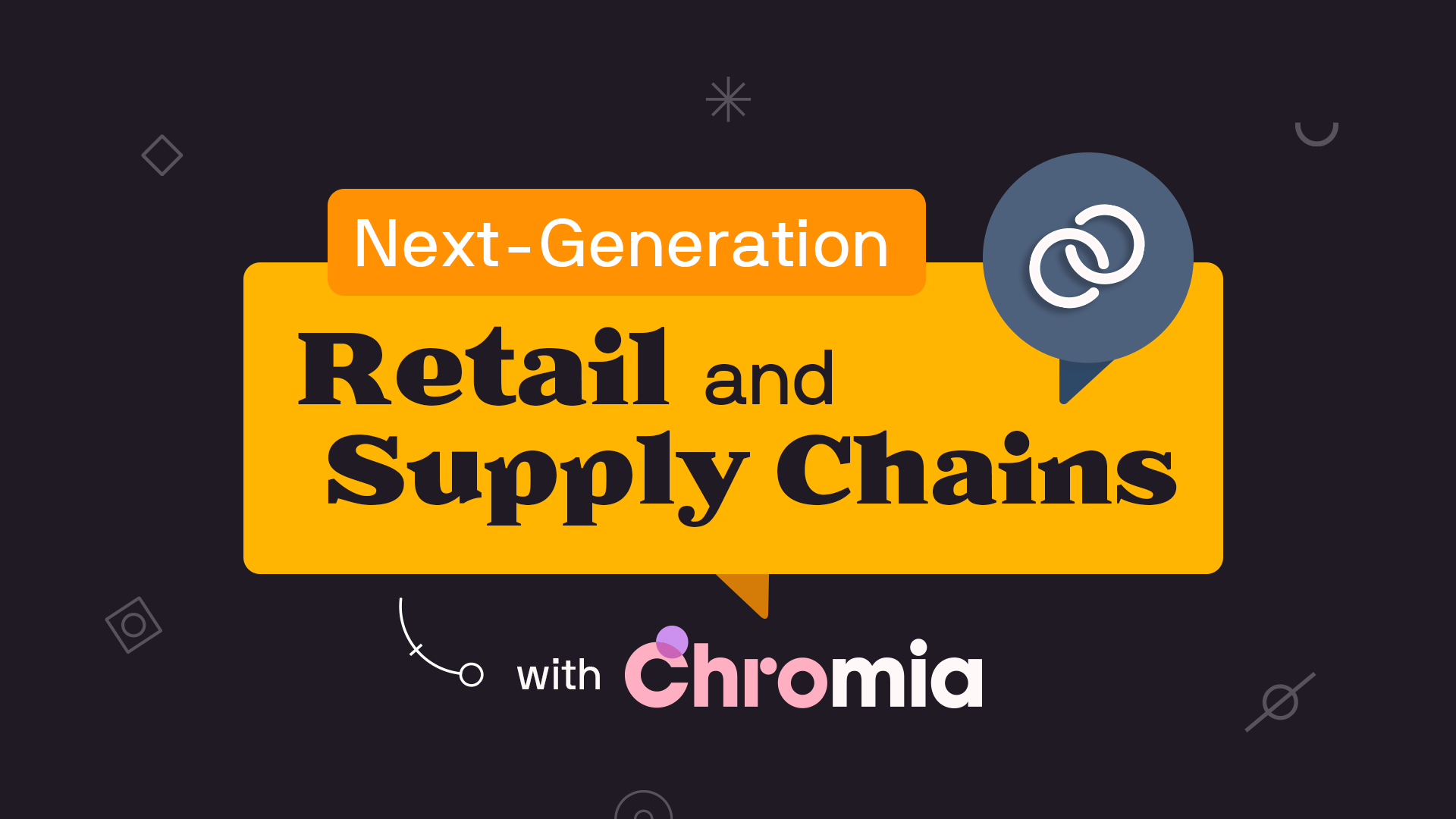Understanding the lineage of a product from its creation to its purchase often necessitates interaction with various stakeholders, requiring a foundation of trust. Questions often arise such as: are the materials used truly organic, fair trade, and sustainable as claimed? Is the item genuine? Has the product been refurbished in any way between its manufacture and the final consumer? For limited edition products, are the production numbers accurate?
Blockchain technology, with its innate transparency and immutability, presents a compelling solution to these trust-related issues. This has led numerous companies to explore blockchain for augmenting logistics and supply chain applications. Concepts such as creating NFTs as digital twins for physical objects or developing protocols for maintaining, storing, and presenting item data on the blockchain are increasingly being leveraged. The entire lifecycle of a product, from origin to detailed shipping records, ownership records, and eventual recycling or upcycling, can be traced.
Chromia offers several unique advantages for such applications compared to other public blockchains:
Relational Blockchain Architecture
Storing data records for thousands or even millions of items demands a relational database that can be efficiently searched and edited. Traditional tracking applications might rely on centralized services like AWS. However, with Chromia, this database can exist completely on-chain, supported natively.
NFT Customizability
Chromia permits custom logic to be incorporated into NFT tokens. This flexibility allows individual companies and entities to design a format tailored to their specific needs and use cases.
Flexible Fee Structures
Traditional blockchains can make logging multiple records inconvenient and costly. With Chromia, a company wanting end-to-end tracking can pay for their processing power on the network with assured cost certainty, enabling tracking at several points in the product's lifespan without incurring additional costs.
Case Study: Luxury Purses
Let’s imagine a luxury leather purse brand seeks to showcase their products' provenance and enrich the customer experience. They aim to:
- Provide customers with proof that their leather is responsibly sourced.
- Supply detailed information about when and where the purse was manufactured.
- Utilize blockchain to track delivery to retail outlets or directly to the consumer.
- Offer customers the choice of receiving a collectible NFT with their purchase.
The company can initiate a Chromia chain tailored to their needs and cover the hosting costs. This approach offers users a hassle-free experience. Each physical item produced gets a corresponding NFT on the blockchain, serving as its digital counterpart and data storage. As the item progresses through its lifecycle, vital details are continuously recorded on the blockchain.
From a potential buyer's perspective, this system offers several benefits without being overly complex. For instance, a tag bearing a QR code could be affixed to the item. When scanned, the retail buyer is directed to the blockchain record and can read, in straightforward language, the sourcing of the leather, when it was manufactured, and its journey from the factory to the store.
After purchase, the user has the option of downloading a companion application and registering their product. Doing so would transfer this NFT to the user, who may now hold this digital collectible in a wallet that runs directly inside the application.
Keep in mind that since the company absorbs the blockchain costs, buyers can take advantage of these added features, even with little to no experience with blockchain. Such designs are intriguing as they offer value-added services on an 'opt-in' basis. For instance, a customer might be interested in accessing the item's history but may not wish to acquire the corresponding NFT. Others might just want to purchase the purse without engaging with these enhanced features. This approach's fundamental distinction from many other blockchain integrations is that it does not pose any barrier to entry, ensuring accessibility to all users.
Chromia’s Design Creates New Opportunities
Chromia is a general-purpose public blockchain that will be able to support gaming, finance, logistics, data management, and a myriad of other applications. This is just one potential way the technology can be used to deliver enhanced experiences in the future.
About Chromia
Modern society runs on data and every online service you’re using is built upon underlying databases - ranging from your online bank to music streaming and gaming. Chromia is a relational blockchain - a combination of a relational database and a blockchain - making it easy to develop user-friendly decentralized apps for almost any industry, including DeFi, NFTs, gaming, and more.
Website | Twitter | Telegram | Facebook | Instagram | Youtube

